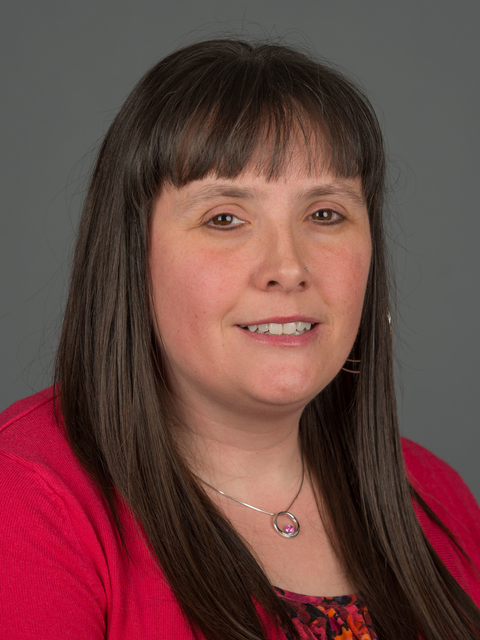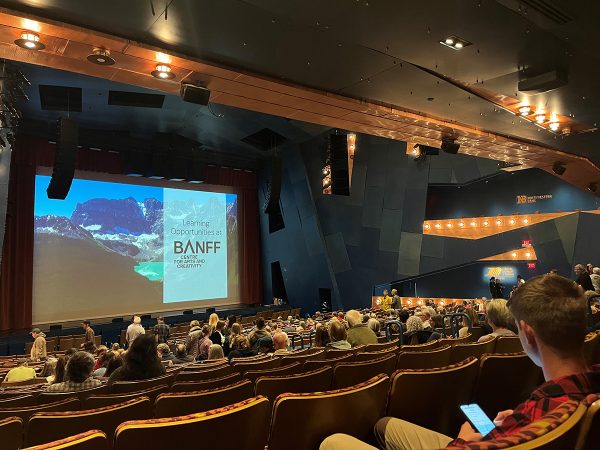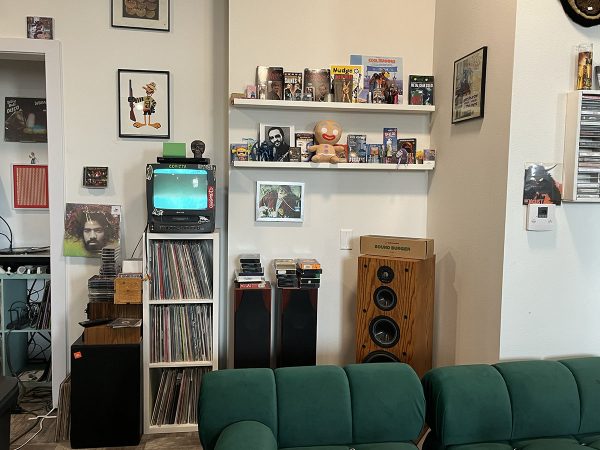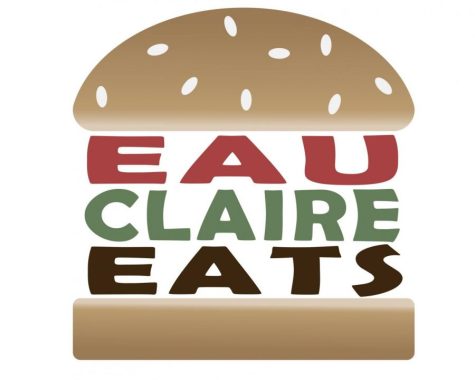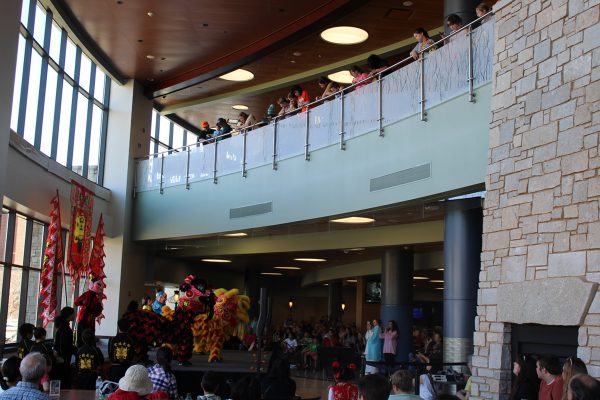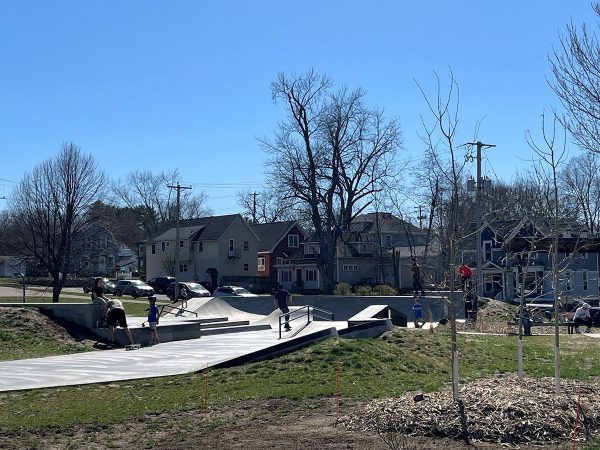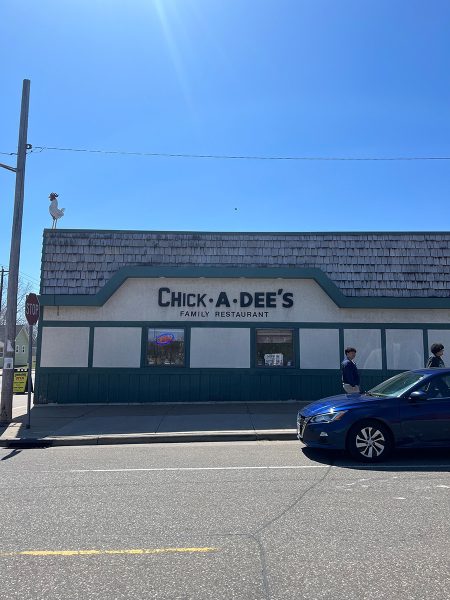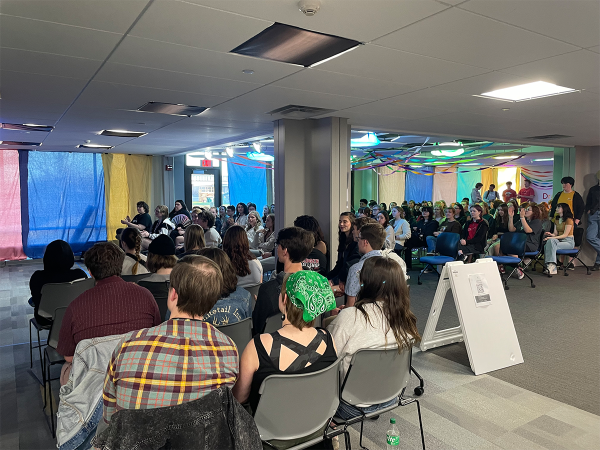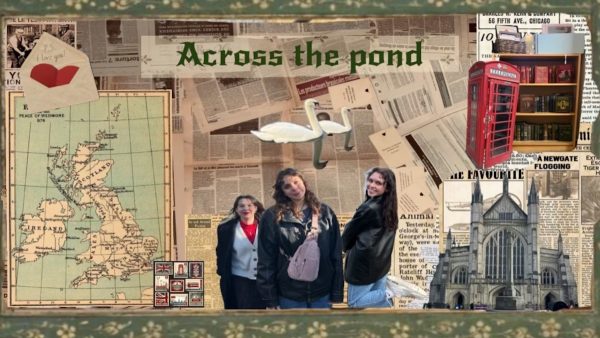“Thursdays from the U” hosts Heather Ann Moody
Audience members taught about recognizing native populations
More stories from Ben Strong
Photo by Shane Opatz
Heather Ann Moody presented on “What Do You Know About Your Neighbors? Recognizing the Native Land and People in Your Community” during an event hosted by Linda Tollefsrud over Zoom from UW-Barron County on Nov. 19.
This last “Thursdays from the U” was hosted by Heather Ann Moody, an assistant professor of American Indian Studies on Nov. 19.
Moody’s presentation was entitled “What Do You Know About Your Neighbors? Recognizing the Native Land and People in Your Community” and lasted about an hour and a half.
Linda Tollefsrud, a professor of psychology and organizer of the event, introduced Moody to the virtual audience of around 20 people.
“Organizing for an online event isn’t any different, but the presentation is different,” Tollefsrud said. “I would have 50 people in-person, but Zoom audiences have been around 20 people.”
“Thursdays from the U” also have a long history, having been a weekly spectacle nearly every week since 2005.
Tollefsrud said she probably will not continue them into next semester, however, as she is not enjoying the Zoom version.
She said she hopes she can continue them in person next fall.
There have been a slew of presenters Tollefsrud has found, she said, including a past UW-Eau Claire student who presented on the history of coffee.
“It’s up to the speaker to decide what to present, but we ask them to talk about a topic,” Tollefsrud said. “Topics range from current events to research topics, or maybe it’s just someone who has an interesting story.”
Moody’s presentation was on the topic of recognizing native lands and peoples on and off campus.
One of the topics she brought up was Council Oak being a sacred tree for the Ojibwe and Dakota nations and, according to Moody, one of the only places they would end wars.
Despite this history being a part of Eau Claire and the tree standing on campus, Moody said many students still don’t understand the significance of the tree.
Frank Pellegrino, the former chief copy editor at The Spectator, wrote a piece on Nov. 10, 2011 that called out the administration for their “inexcusable” actions, which was countered on Nov. 17, 2011 by Beth Hellwig, former vice chancellor for student affairs. Moody brought this up during her presentation.
“Whenever there’s media, I hope all sides are represented, even if those voices differ from our own,” Moody said. “What I think a lot of what happened was, was a lack of communication. A lot of what happened with Davies did not include native voices.”
This is backed by what Pellegrino wrote 9 years ago. Moody said no native voices were included until the plans for the building were released, despite the issue of the Council Oak being mentioned more than a year earlier.
“They said they were going to make the Council Oak into furniture and they didn’t understand why that was disrespectful,” Moody said. “There wasn’t a good conversation on why it was important to protect the Council Oak.”
Moody said this issue and the theme of recognition from the presentation are important to her, and she discussed in greater depth the native population on campus whose voices need to be listened to.
“Native folk are a small proportion of the population campus, so it’s easy for them to be forgotten,” Moody said. “It’s important for the students in the majority to learn about the native history on campus and remember there’s a native population on campus.”
You can view previous lectures and learn about future lectures here.
Strong can be reached at [email protected].

